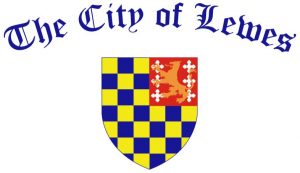The Delaware Coastal Management Program (DCMP) has contracted with the University of Delaware’s Institute for Public Administration (IPA) to provide a full spectrum of technical, policy and outreach support for the Lewes Resilient Communities Partnership project.
 The DCMP and the Institute for Public Administration is working with the City of Lewes and its residents to better understand the environmental challenges that impact them and assist in the policy development to promote equitable resiliency.
The DCMP and the Institute for Public Administration is working with the City of Lewes and its residents to better understand the environmental challenges that impact them and assist in the policy development to promote equitable resiliency.
The partnership held community listening sessions for residents of the City of Lewes on June 8, 9 and 10, 2021. The purpose of the listening sessions was to better understand the environmental challenges facing the City of Lewes and as a beginning step in establishing a vision and planning for a more resilient city. Read the complete report.

Related Topics: coastal programs, lewes, resilient communities, training